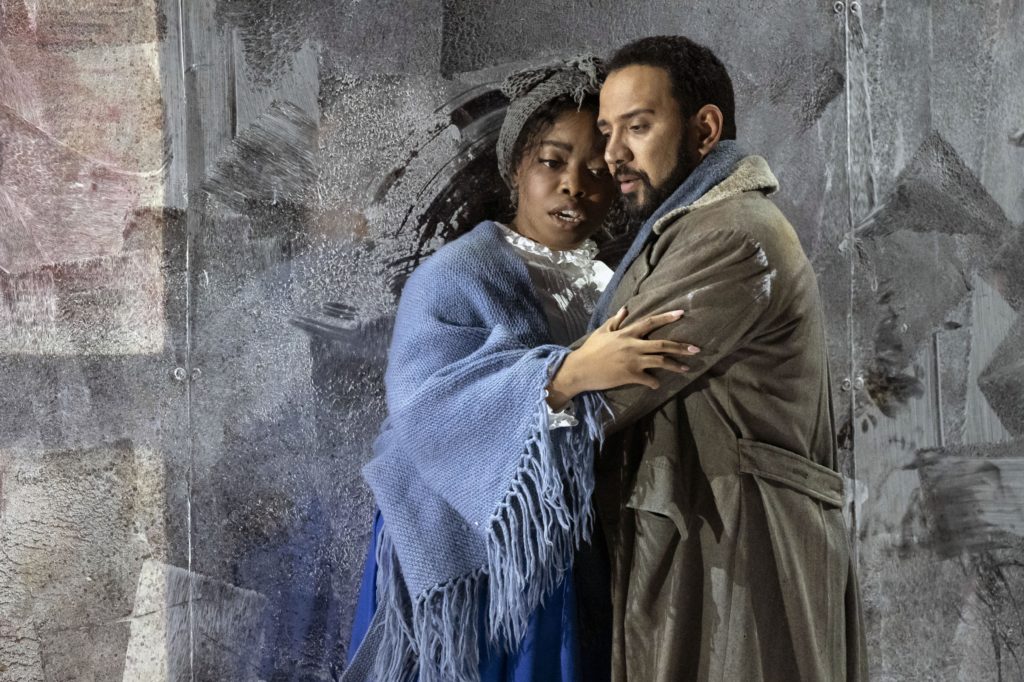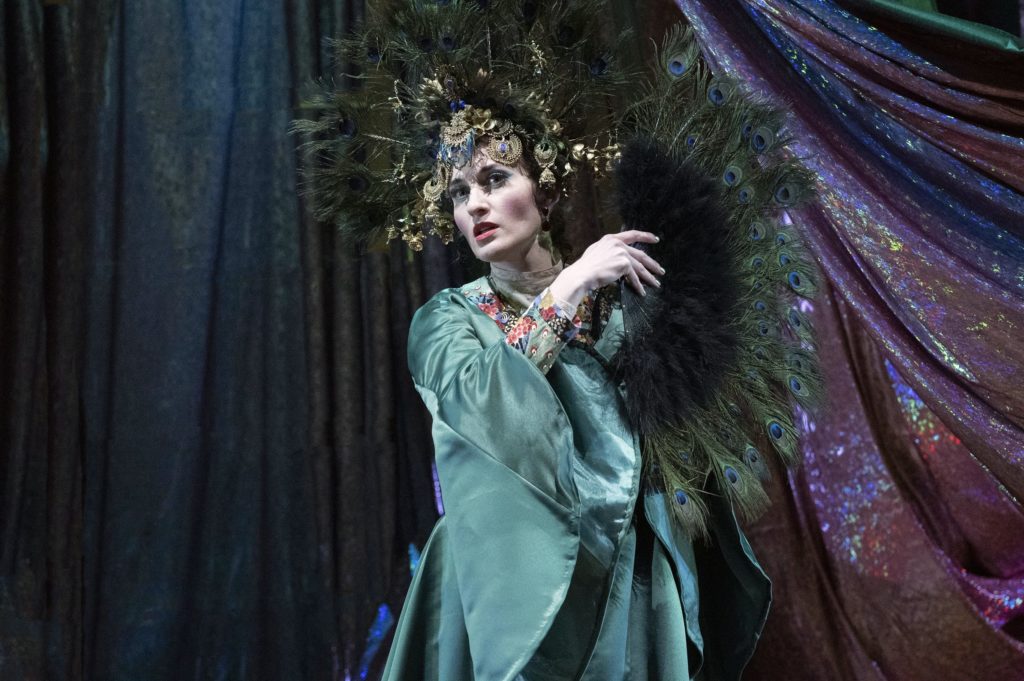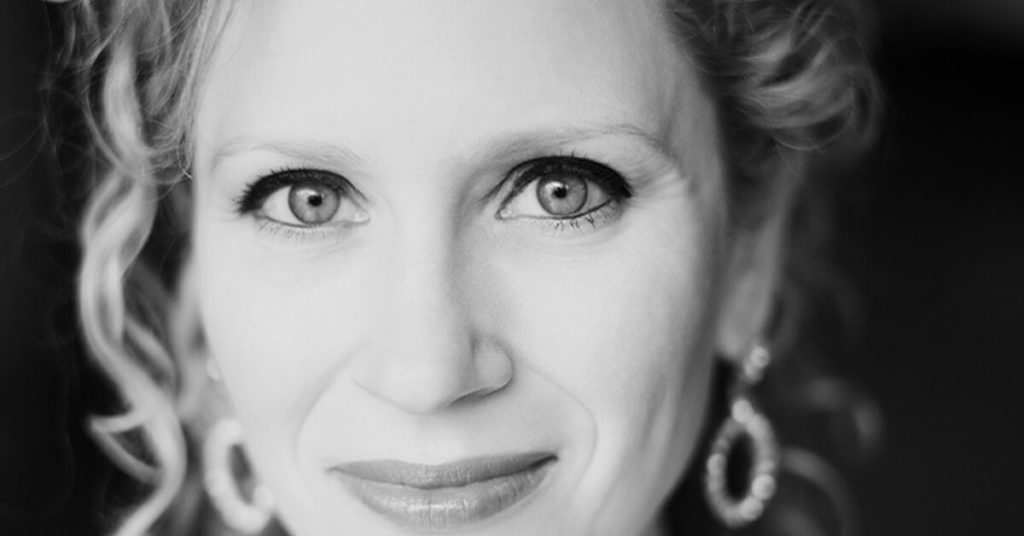
English Touring Opera, La Bohème, April 8; The Golden Cockerel, April 9, at York Theatre Royal
IT was good to have English Touring Opera back in town. Don’t take my word for it. The Theatre Royal had to open its upper reaches to accommodate the throngs gratefully gathered for professional opera for the first time since Covid struck.
York Opera had led the way in fine style last autumn; ETO followed suit, with a potboiler and an exotic rarity.
Puccini’s La Bohème inevitably relies for its success on the lovers at its heart. The company had cast its net wide before settling on Brazilian tenor Luciano Botelho for the lovelorn Bohemian Rodolfo, casting Nigerian-American soprano Francesca Chiejina as his Mimì.
On this occasion, both began diffidently: it was partly a reflection of the amatory sheepishness of their characters, but also a result of under-projection. Botelho’s tenor disappeared into his head the higher up the range he went, while Chiejina took a while to release the tension in her jaw, which diminished her projection. She left the difficult final note of Act 1 far too early, a sure sign of lacking confidence.
Thereafter both improved and their Act 3 duet by the customs barrier found them much more relaxed and thus less self-conscious.
James Conway’s thoughtful production, revived here by Christopher Moon-Little, was based around deliberately simplistic designs by Florence de Maré (revived by Neil Irish). A large reflective glass panel leaned in on the bohemians’ attic, with the regulation stove in one corner and unusual seating provided by the basket of a hot-air balloon whose sandbags were cushions. Set on tea-chests, these became pillows for Mimì’s deathbed.
These bourgeois boys were well-clothed, affirmation that they would be returning to provincial ways once their salad days were done. In this way, set and production were complementary.
Michel de Souza’s warm baritone made a sympathetic Marcello, who was never going to be fooled by the glamour of Jenny Stafford’s Musetta; she in turn was more hard-edged than flirtatious.
Trevor Eliot Bowes’ pensive Colline and Themba Mvula’s lively Schaunard rounded out the well-balanced bohemians. Chorus members filled the cameo roles very competently and children from the York Music Hub Choir sang pleasingly – rather than the usual shouting – as Parpignol’s acolytes (he was ‘Pa’Guignol’, a Punch-and-Judy man).
Iwan Davies – not the main conductor for the run – stood in with distinction, his clear beat shaping accompaniment that always put the singers’ needs first. His orchestra responded with keen rhythms.
The chorus was in good heart at Café Momus, maintaining discipline amongst the hi-jinks. Despite the lack of outstanding soloists, this was a good, solid Bohème, well worth catching at Gala Theatre, Durham, on May 9 if you missed it this time in York.

Rimsky-Korsakov was one of the all-time great orchestrators and The Golden Cockerel, his last opera and the only one staged regularly outside Russia, offers plenty of evidence of this. Touring has made a reduced adaptation necessary, which Iain Farrington has handily provided.
It lacked some of the exoticism that a larger orchestra might have offered but kept the vital woodwinds very busy and retained enough glockenspiel glitter for the astrologer’s motif. Gerry Cornelius conducted it lovingly while keeping a good balance between stage and pit.
James Conway’s new production was well-timed. The fairy-tale libretto, based on a Pushkin poem, was sung here in a neatly rhyming translation by Antal Dorati and James Gibson. It tells of half-witted King Dodon’s fear that his country is about to be invaded.
When the work was selected it can hardly have crossed the company’s mind that a terrible real-life sequel would actually ensue. The analogy cannot be pushed too hard, but the exotic Queen of Shemakha – ‘Mother Russia’ it was suggested to me in the interval – does all she can to seduce Dodon and his court, opposed only by the ineffectual General Polkan.
The Astrologer who frames the action reveals at its close that only he and the Queen are real characters, “all the rest were dream, delusion…”. In fact, the opera is better seen as parodying naive techniques in Russian opera and to that extent anticipates Stravinsky’s Petrushka.
Conway did well to stick to the score and not introduce an excess of up-to-date connotations, other than dressing the royal housekeeper Amelka and three of her minions in military khaki. In the designs by Neil Irish, the general wore a Kaiser-style helmet, which implied a pre-First World War setting. The cockerel of the title was mainly perched on a look-out tower, so as to warn of impending invasion. She was appealingly drawn by the nimble Alys Mererid Roberts.
Grant Doyle gave an amusingly doddery Dodon, struggling to hold on to power, with his sons – who accidentally bump each other off in battle – portrayed as Tweedledum and Tweedledee by Thomas Elwin and Jerome Knox.
Amy J Payne was a regular martinet as Amelka, Edward Hawkins made a nicely bumbling Polkan, and Robert Lewis coped valiantly with the ultra-high tenor role of Astrologer, more than faintly reminiscent of Rasputin.
That left the bulk of the serious singing, in Acts 2 and 3, to Paula Sides as the Queen. Her coloratura, deliberately parodistic, hit the spot, and her somewhat shrill tone suited the orientalism of Rimsky’s score.
It was just as well we had English side-titles, as diction was generally less than ideal. The chorus played a full part in keeping the comedy vital, crawling out from under the curtain for their finale.
It has been 37 years since this work was given in Yorkshire, by Opera North, so unless you are young you may want to head to Durham on May 10.
Review by Martin Dreyer

